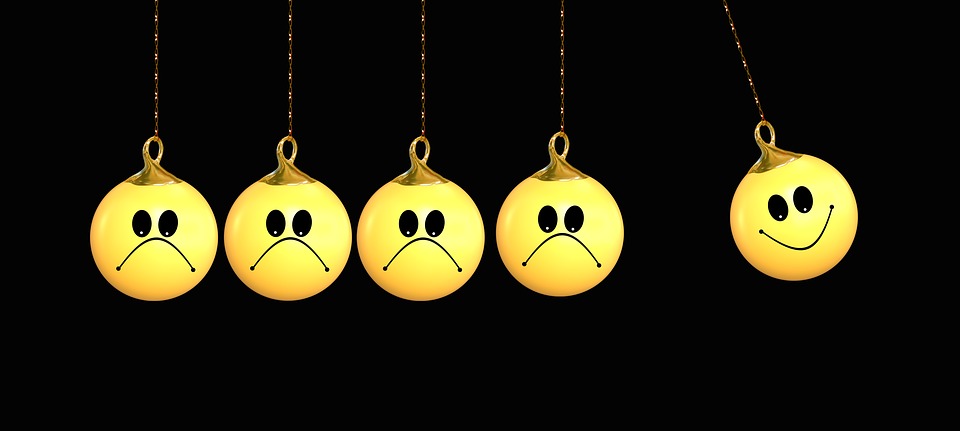The World Happiness Report 2019, which measures 156 countries in terms of happiness, has placed India in the 140th position. It’s a drop of seven places from last year’s 133, and a continued fall from 122 in 2017 and 118 in 2016.
This year, India is among the top 20 losers. It is a mere nine ranks ahead of wartorn Syria (149) and 16 ranks higher than the world’s unhappiest country at 156, South Sudan. Finland has topped the list once again while the top 10 include four more Nordic countries. Other Asian countries, such as Taiwan ranked 25, Japan 58, Pakistan 67 and China 93, have performed significantly better than India.
“The 10 countries (including India) with the largest declines in average life evaluations (calculated on the basis of annual samples comprising a respondent’s average frequency of worry, sadness and anger on the previous day) typically suffered some combination of economic, political, and social stresses,” the report noted.
The World Happiness Report, 2019 paints a picture so dismal for India that it claims that the country’s significant population has pulled down the happiness levels of all of South Asia. The report’s co-editor John F Helliwell told Huffpost, “More research needs to be done to understand what’s going on in India, but it’s a stark reminder that rapid economic development and social change can impose costs as well as bring benefits.”
The report pays special emphasis on how the quality of government, and the structure of government policies, influence happiness. It’s these effects—such as the quality of delivery along with citizen perceptions and control of corruption—that show the greatest impact on well-being.
Clearly, India has a lot to learn from the happier countries in the world where there is low corruption, a high level of freedom, robust methods to support citizens, high-quality education systems, stable economy, and initiatives to ensure equality. But even as the report urges governments to shape policies keeping well-being in mind, not all is doomed.
For instance, the report finds strong links between generosity and happiness where India is not doing all that badly. According to the report, participants in India “reported higher levels of happiness after reflecting on a time they spent on others versus themselves”. In fact, 25.9 per cent respondents in India said they donated to charity and 18.5 per cent respondents spent time volunteering.
A similar warning appears as the world turns fully digital. The report concentrates on the United States as a case in point calling the phenomenon, ‘The rise of digital media and the fall of everything else’, but its analysis could be applicable to India as well. “The way adolescents socialise,” the report notes, “has fundamentally shifted, moving toward online activities and away from face-to-face social interaction.”
“Digital media,” the report concludes,“may indirectly lead to low well-being if it displaces time once spent on face-to-face social interaction or sleep.”


